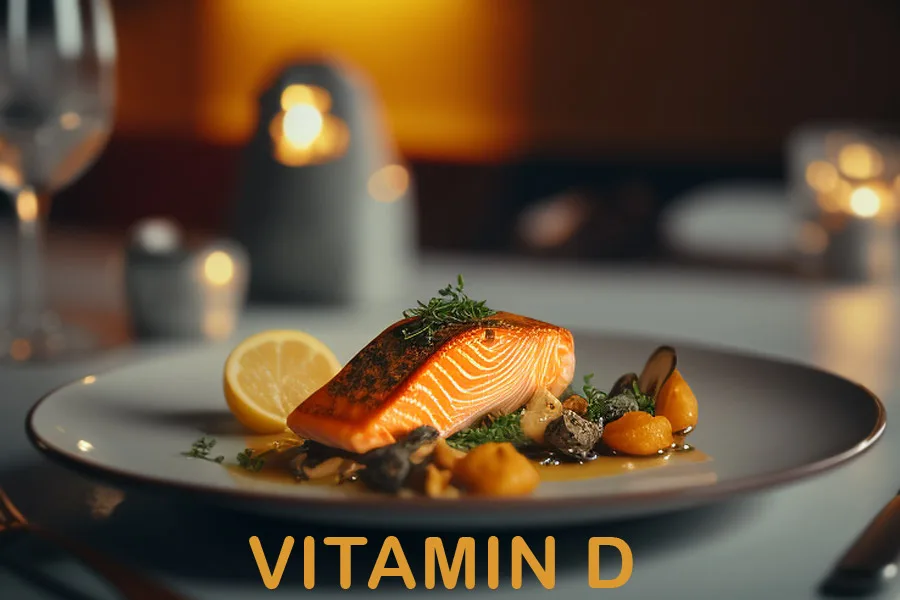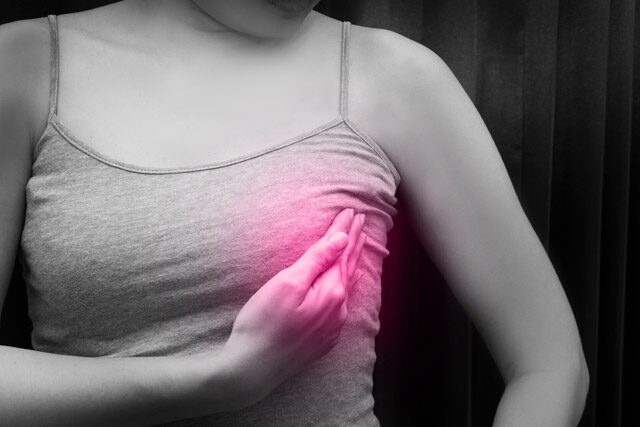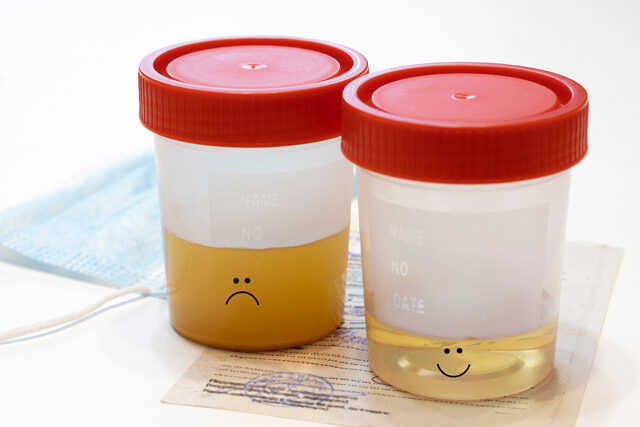Vitamin D, also called cholecalciferol, plays an essential role in bone and teeth health. It is also vital for regulating other body processes, including immune function. Due to the fetal demand for vitamin D, it’s common for pregnant women to suffer from vitamin D deficiency. To prevent maternal health issues as well as potential fetal consequences of such a vitamin shortage, medical specialists highly recommend vitamin D supplementation during pregnancy.
If you are currently pregnant or planning pregnancy, you should know more about the sources of vitamin D, risks related to its deficiency, and, of course, recommendations on vitamin D intake while expecting a baby. That’s the reason we are all here, so let’s get down to business.
Do I Need Vitamin D Supplementation?
Outside pregnancy, doctors recommend taking vitamin D supplements starting from October and to late May-early April in sunny climates, whereas people living in territories with few sunny days and those who spend little time outside are advised to use the supplement all year round.
During pregnancy, the demand for vitamin D grows. The National Institute of Health recommends taking 15 mcg (600 IU) of the vitamin daily. It’s difficult to get such an amount of vitamin without supplementing it, so it is very likely that you’ll have to use a vitamin D supplement.
The current recommendation of The American College of Obstetricians and Gynecologists is all pregnant women should get screening and supplementation for vitamin D to prevent any health issues in the mother and the fetus.
Vitamin D Sources
Vitamin D is naturally produced by our bodies under the influence of ultraviolet sunrise. The problem is they are dangerous for our skin health, so staying in the sun without sunscreen for too long is a bad idea. Besides, the natural production and absorption of this vitamin may be affected by a range of other factors, including:
- your age;
- skin pigmentation
- excessive weight;
- intestinal health;
- how much time you spend outdoors;
- what locality you live in;
- the season of the year.
Another trouble with getting vitamin D from natural sources is that it is present in a few food products only. They are limited to:
- oily fish (sardines, salmon, herring);
- liver;
- red meat;
- egg yolks.
If you are not a fan of such foods or are a vegetarian or vegan, you should seek other sources of the vitamin. Here’s when fortified foods can become a way out. These include some cereals, milk, and fat spreads. Still, the amount of cholecalciferol in these products is insufficient to sustain healthy vitamin D levels during pregnancy.
Your prenatal vitamin may also be the source of vitamin D. But, again, its amount is not enough for an expecting mother. Typically, a prenatal vitamin pill contains 400 IU (international units) of the supplement. But, as we’ve already learned, pregnant women need a higher dose.
The best decision in such a situation is to take vitamin D supplements.
How Is Vitamin D Deficiency Dangerous in Pregnancy?
Cholecalciferol plays an essential role in the metabolism and absorption of important nutrients, particularly calcium and phosphorus. Insufficient amounts of vitamin D cause poor calcium absorption, which may show through thin hair, weak nails, and badskin condition. A severe deficit may also provoke seizures.
Scientists have also found some interconnection between the deficit of cholecalciferol and the incidence of a range of severe health conditions, including:
- cancer;
- cognitive decline;
- cardiovascular disorders;
- autoimmune medical conditions;
- insulin resistance.
A 2020 overview of meta-analyses and controlled trials proved that expecting mothers with low vitamin D serum levels are at an increased risk of:
- preterm birth;
- gestational diabetes;
- preeclampsia.
Unborn babies may also suffer from maternal vitamin deficit as they don’t receive enough vitamin D for healthy development and growth. Such a condition may provoke health issues in early childhood and later in life:
- small-for-gestational-age;
- bone birth defects;
- enamel defects;
- attention deficit hyperactivity disorder.
Is Vitamin Supplementation Safe?
Despite all the potential benefits of taking vitamin D supplements, some categories of people should avoid them due to contraindications. Here belong:
- people with high phosphate or calcium amount in the blood;
- people suffering from kidney stones;
- individuals with compromised kidney function;
- patientswho deal with sarcoidosis.
Besides, you should be careful with the dosage of supplements you consume. High doses of vitamin D may be as dangerous as its deficit or even more. You may develop some side effects related to the intake of vitamin D supplement and its excess in your body. They may show through:
- poor appetite and the related weight loss;
- nausea and vomiting;
- headache;
- mouth dryness;
- pain in the muscles or bones;
- constipation;
- renal disorder;
- metallic taste in the mouth;
- changes in the normal heartrhythm.
Once you notice any of the mentioned symptoms, contact your OB or family doctor. There is a chance you should reduce your dosage or refuse supplementation.
Practical Advice on Getting Enough Vitamin D
Everyone knows about the importance of vitamins and minerals, especially during pregnancy. Here and there, we hear about the need to take folic acid to prevent neural tube defects in babies, and it’s really important. But, at the same time, there’s not much information about the importance of vitamin D during pregnancy. For this reason, we’ve gathered some practical advice on how you can boost your levels naturally.
- To receive sufficient levels of cholecalciferol, you should spend at least 5 – 10 minutes under direct sunlight. It is enough that your face, arms, and legs are exposed. So going for a short walk on a sunny day two or three times a week is enough to enhance your vitamin D production.
- Enrich your diet with fatty sorts of fish. They are a great source of vitamin D and are also rich in Omega-3 fatty acids and other important nutrients.
- When doing groceries, look for products fortified with vitamin D. Along with other methods, they will help you sustain healthy amounts of cholecalciferol throughout your pregnancy.
But, if your screening results say you still lack vitamin D, then the best choice for you is supplementation.




